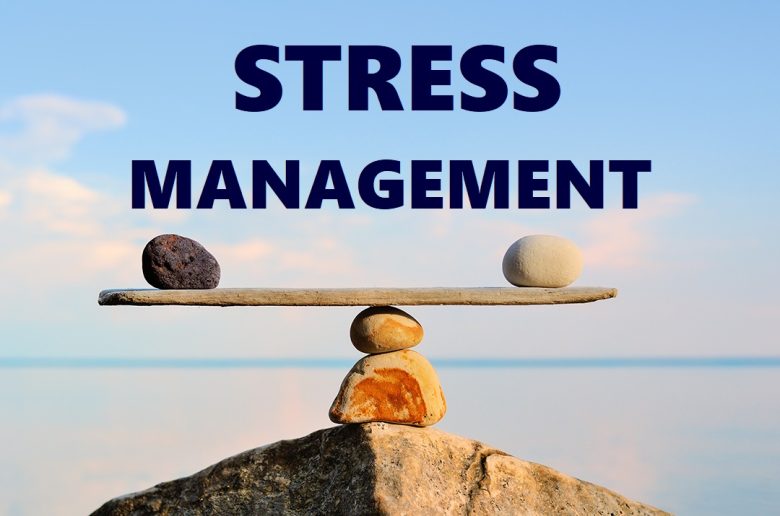There are certain sources of stress you cannot avoid; bills will continue to arrive, and work responsibilities remain burdensome. But many individuals can alter their coping mechanisms in order to lower stress levels and stay calmer overall. Prioritize sleep, eating healthily and exercise. Find supportive friends and family. Express gratitude regularly while also sharing feelings …
Losing weight and keeping it off require dedication to healthy eating and exercise habits as part of daily life, along with addressing negative habits and finding support to stay on the journey. Trim waistlines not only look better; they can help decrease heart disease and diabetes risks by eliminating unnecessary layers of belly fat that …
Embarking on a weight loss journey can feel both exciting and overwhelming. The benefits are clear—improved health, more energy, and a boost in confidence. Yet, many people find themselves struggling with where to start or how to maintain momentum. Common challenges like navigating conflicting diet advice, finding time for exercise, and staying motivated can make …
To achieve weight loss naturally, focus on replacing high-calorie liquid calories and sugary or fatty foods with fresh vegetables, whole grains, fruits and lean proteins from lean sources like fresh veggies and lean proteins as well as low-fat dairy products with olive oil, canola oil, nuts seeds avocados or nut butters and plenty of water …
Home workouts can be an invaluable asset in helping to achieve weight loss goals. From creating an elaborate exercise room to simply using living spaces as workout spots, these at-home exercises can burn calories quickly while strengthening muscles without having to invest in costly gym equipment. Start off by performing some light cardio, such as …
We’ve all heard the saying, “Exercise alone cannot reverse a poor diet” or that “Abs are made in the kitchen”. But how can we naturally shed excess pounds without extreme dieting? MD Anderson clinical dietitian Jessica Tilton offers several effective strategies, such as prioritizing a diet composed of fruits, vegetables, whole grains, legumes, low-fat dairy …
Stress has become an unwelcome companion for millions of people worldwide. While a certain amount of stress can motivate us and help us perform better, chronic stress wreaks havoc on our physical health, mental well-being, and overall quality of life. The good news? Effective stress management is both achievable and scientifically proven to work. This …
Implementing some relaxing routines into your daily life can help transform it from being one that stresses and anxiety-inducing into one that empowers. The key is building healthy habits tailored to suit your unique lifestyle needs. Start each morning off right by setting yourself up for success with a relaxing morning routine that reduces stress …
Relaxation breathing exercises can help both mind and body unwind, ease anxiety and increase focus. They’re useful during times of tension or as part of daily routine to boost energy and facilitate restful sleep. Sit or lie down and press the tip of your tongue against the tissue behind your front teeth, before inhaling through …
Stress is an inevitable part of life, but prolonged exposure can become harmful when left unchecked. Chronic anxiety can lead to health issues such as cardiovascular disease and impaired immunity. Stressful situations affect everyone differently; here are six signs to watch out for when experiencing it. 1. You’re Feeling Overwhelmed Feeling overwhelmed can be a …










